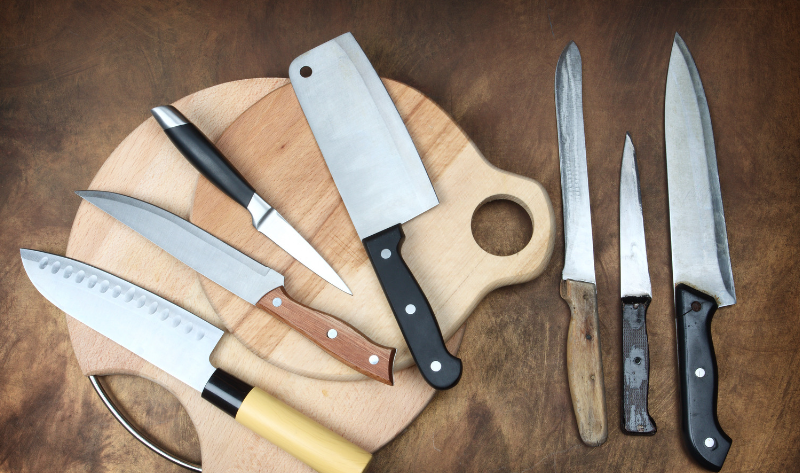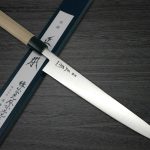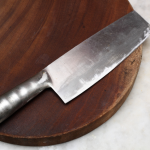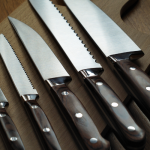Whether you’re a seasoned chef or just a beginner, the kind of tools you use in your kitchen significantly impact the result of your cooking. Among these, knives hold a special place due to their indispensable role in food preparation. Many home cooks often wonder: is there a real difference between cheap and expensive knives? The answer is yes, and this difference can actually influence the taste of your food.
Material Quality
Expensive knives are usually made from high-quality materials. Stainless steel, carbon steel, or high-carbon stainless steel are typical examples. These materials are extremely durable, resist rust and corrosion, and maintain their edge for a long time, resulting in consistent cuts. Cheaper knives, on the other hand, might not hold their sharpness over time and could rust or chip, leading to inconsistent sizes in food pieces which affects the cooking and ultimately the taste.
Craftsmanship
Expensive knives often come from a long lineage of craftsmen who’ve honed their skills over generations. This means that each knife is carefully crafted, balanced, and sharpened to perfection. The attention to detail ensures that the knife performs optimally at all times, making your chopping, slicing, or dicing effortless and precise. On the contrary, cheap knives are mass-produced, where consistency and attention to detail might be compromised.
Ergonomics
High-end knives are designed keeping the user’s comfort in mind. They have a balanced weight distribution between the blade and handle, which allows for easier maneuvering. This leads to less fatigue while chopping, which, in turn, ensures more uniform and precise cuts. Cheaper knives may not have such well-thought-out design, leading to difficulty in handling and inconsistent cuts.
Maintenance and Lifespan
Expensive knives often come with a guarantee or warranty. They are built to last, with the expectation of regular honing and occasional professional sharpening. On the other hand, cheaper knives might lose their edge quickly and may need frequent replacements. This could lead to unevenly cut food, which again, affects how uniformly it cooks and hence the final taste.
In conclusion, the quality of your knife can have a profound effect on your cooking. While an expensive knife may seem like a big investment upfront, it ensures consistency, longevity, and ease of use. It’s not just about having a fancy tool in your kitchen, but rather about improving your food’s taste and your overall cooking experience.



